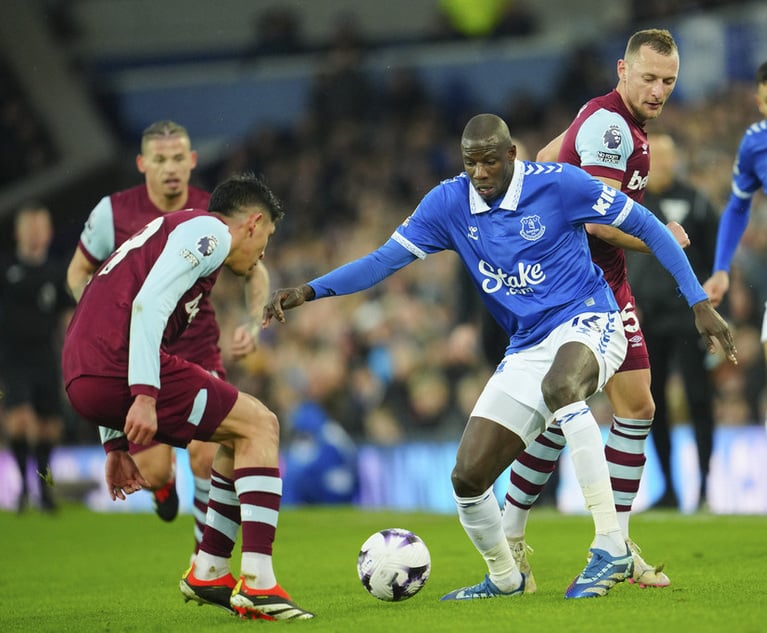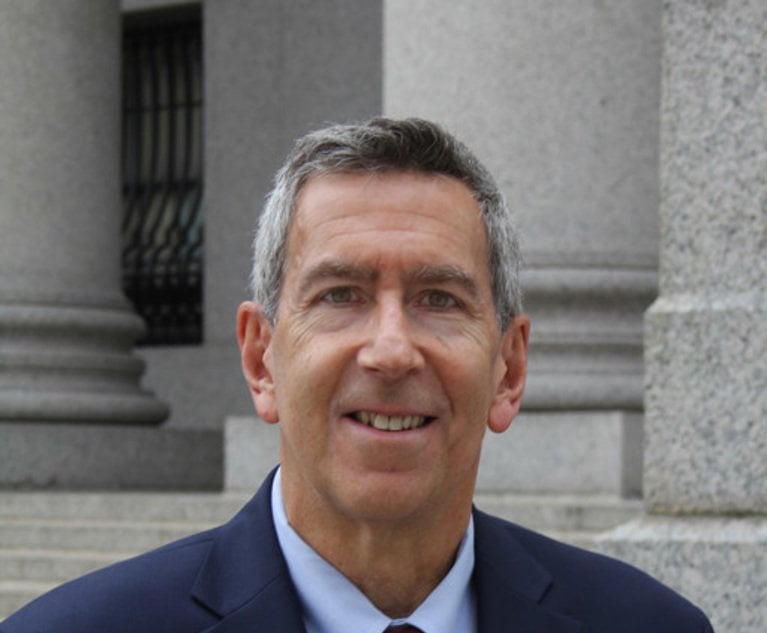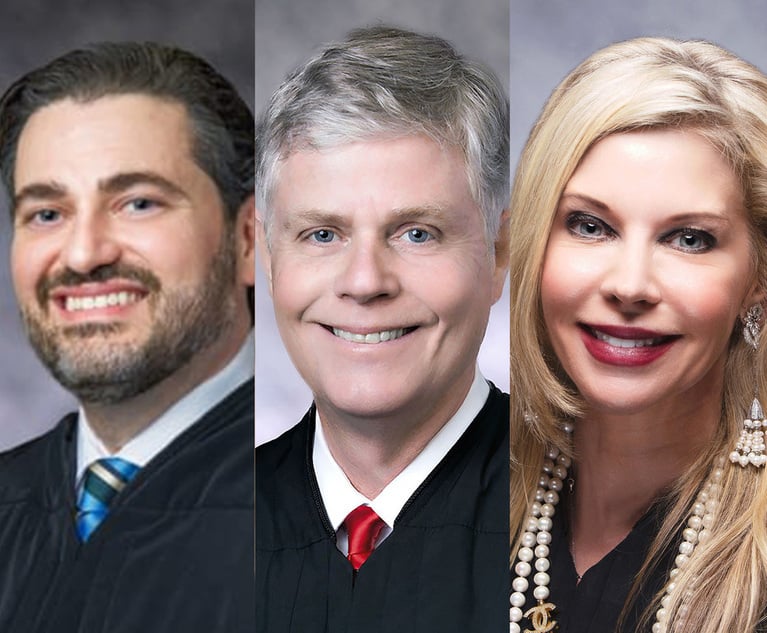On Feb. 20, 2015, Peter Sung Ohr, regional director of the National Labor Relations Board (NLRB), issued an unexpected decision, ruling that scholarship players on Northwestern University’s football team were employees under the National Labor Relations Act (NLRA), and as such, had the right to form a union. While only applicable to private universities, the decision sent shockwaves through college athletics. If upheld, scholarship football players would be able to collectively bargain the terms of their employment, such as compensation, working hours, health care benefits, and paid time-off. This of course would not only directly conflict with the National Collegiate Athletic Association (NCAA) rules prohibiting pay for play, but significantly undercut the entire concept of amateurism in college sports.
On appeal, the full NLRB declined to exercise jurisdiction, which made Ohr’s decision unenforceable. The NLRB expressed concerned that because it only had jurisdiction over private universities, and most Football Bowl Subdivision (FBS) programs were operated by state universities governed by state labor laws, having college football labor negotiations conducted under a patchwork of conflicting laws would cause instability in the labor market. The NLRB also expressed concern with the size of the Northwestern players’ proposed bargaining unit. Allowing the players at each university to form a separate bargaining unit could create inconsistent rights and obligations among players within the same conference, not to mention nationally.


 Scott Cole of GrayRobinson. Courtesy photo
Scott Cole of GrayRobinson. Courtesy photo




